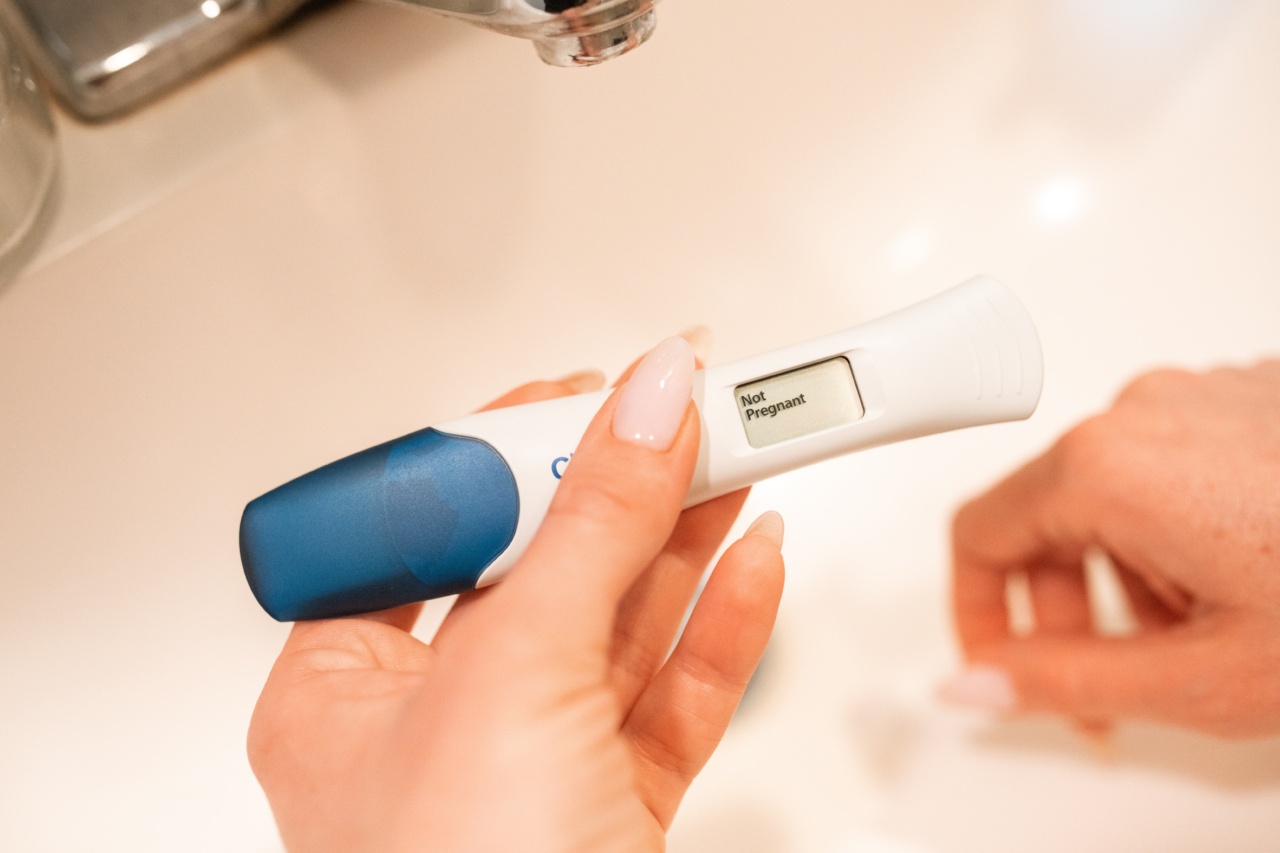Baby boomers, the generation born between 1946 and 1964, have always been a topic of interest due to their significant impact on society. Now, as this generation ages, they face a new health concern: high blood pressure.
High blood pressure, also known as hypertension, is a silent but deadly condition that affects millions of individuals around the world. In this article, we will explore the rising prevalence of high blood pressure among baby boomers, its causes, consequences, and the importance of early detection and management.
The Impact of Aging
As baby boomers enter their golden years, the natural aging process takes its toll on their bodies. One of the most common health issues associated with aging is high blood pressure.
Blood pressure is the force exerted by blood against the walls of the blood vessels, and it is essential for delivering oxygen and nutrients to various organs in the body. However, when blood pressure remains consistently high, it puts strain on the heart and blood vessels, leading to serious health complications.
Causes of High Blood Pressure
While the exact cause of high blood pressure among baby boomers can vary, several common factors contribute to its development. These factors include:.
1. Unhealthy Lifestyle
Poor dietary choices, lack of physical activity, excessive alcohol consumption, and smoking are all lifestyle factors that can lead to high blood pressure.
Baby boomers, who have experienced cultural shifts in food choices and sedentary lifestyles, may be particularly susceptible to these unhealthy habits.
2. Stress
The fast-paced and demanding nature of modern life can significantly contribute to stress levels, which, in turn, can increase blood pressure.
Baby boomers often face unique stressors related to retirement, caregiving for aging parents, financial concerns, and the overall changes that come with aging.
3. Genetic Factors
Family history plays a significant role in determining an individual’s risk of developing high blood pressure. Baby boomers with a family history of hypertension are more likely to experience the condition themselves.
4. Chronic Conditions
Chronic conditions such as diabetes, kidney disease, and obesity are closely linked to high blood pressure. Baby boomers, who may have developed these conditions over time, are at a higher risk of hypertension as a result.
The Consequences of High Blood Pressure
If left untreated, high blood pressure can have severe consequences for baby boomers. Some of the potential complications include:.
1. Heart Disease
High blood pressure forces the heart to work harder than necessary to pump blood throughout the body. Over time, this strain can weaken the heart muscle, leading to heart disease, heart attacks, and even heart failure.
2. Stroke
Elevated blood pressure can damage the delicate blood vessels in the brain, increasing the risk of stroke. Baby boomers with high blood pressure are more likely to experience a stroke, which can result in long-term disabilities and even death.
3. Kidney Damage
The kidneys play a crucial role in filtering waste and fluid from the body. However, high blood pressure can damage the blood vessels in the kidneys, impairing their function and potentially leading to kidney failure.
Early Detection and Management
Given the serious consequences of high blood pressure, early detection and proper management are crucial for baby boomers.
Regular blood pressure monitoring, both at home and during doctor visits, can help identify any fluctuations or persistently high readings.
Lifestyle Modifications
Adopting a healthy lifestyle is often the first line of defense against high blood pressure. Baby boomers can make positive changes by:.
1. Eating a Balanced Diet
Consuming a diet low in sodium and saturated fats while rich in fruits, vegetables, whole grains, and lean proteins can help regulate blood pressure levels.
2. Exercising Regularly
Engaging in moderate-intensity physical activity, such as brisk walking, swimming, or cycling, for at least 150 minutes per week can significantly lower blood pressure.
3. Managing Stress
Exploring stress-reducing techniques such as meditation, yoga, deep breathing exercises, and engaging in hobbies can help keep stress levels in check.
Medication
In some cases, lifestyle modifications alone may not be sufficient. Healthcare professionals may prescribe medication to control blood pressure levels among baby boomers, based on their individual needs and medical history.
It is crucial to follow the prescribed medication regimen and attend regular follow-up appointments.
Conclusion
The rising prevalence of high blood pressure among baby boomers is a growing concern that requires attention and proactive measures.
By understanding the causes, consequences, and management strategies associated with high blood pressure, baby boomers can take control of their health and reduce the risk of developing serious complications. Early detection, healthy lifestyle choices, and proper medical management are key to ensuring a healthier future for this generation.



























